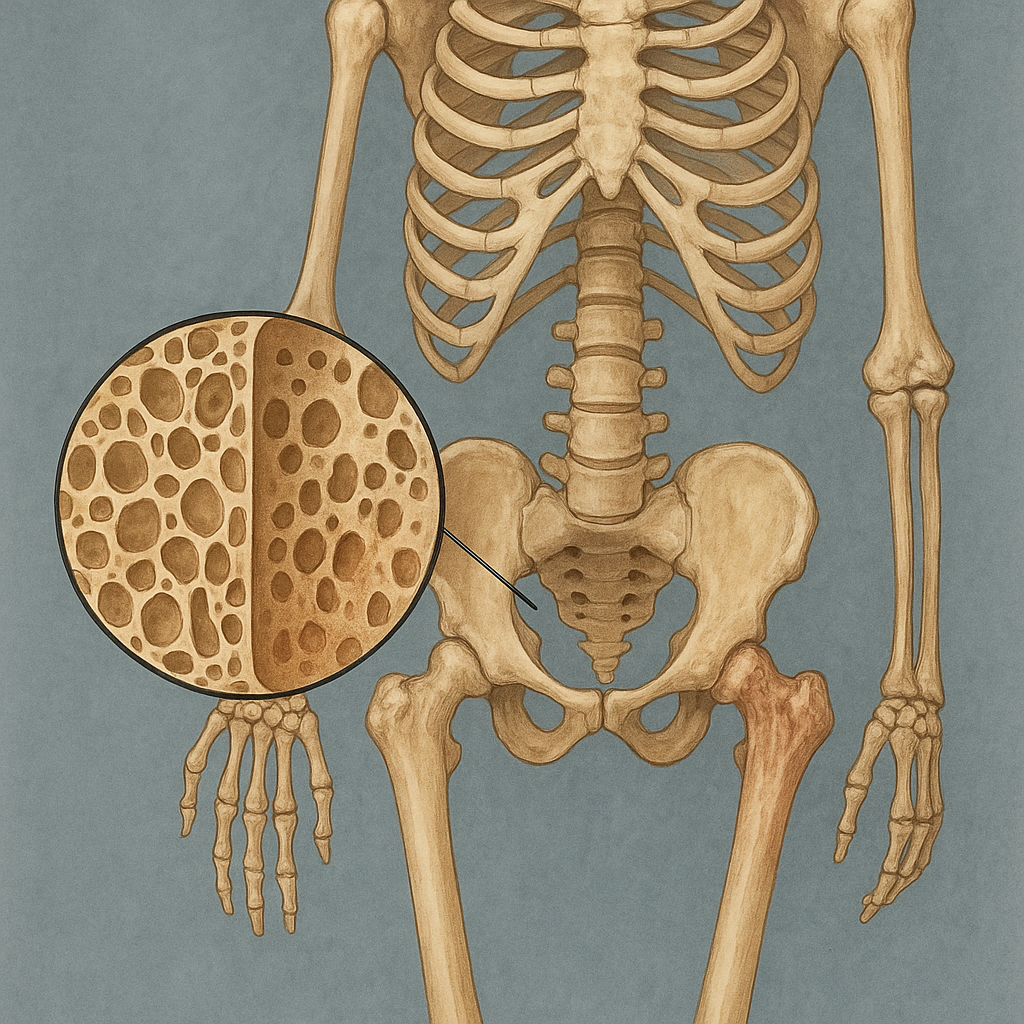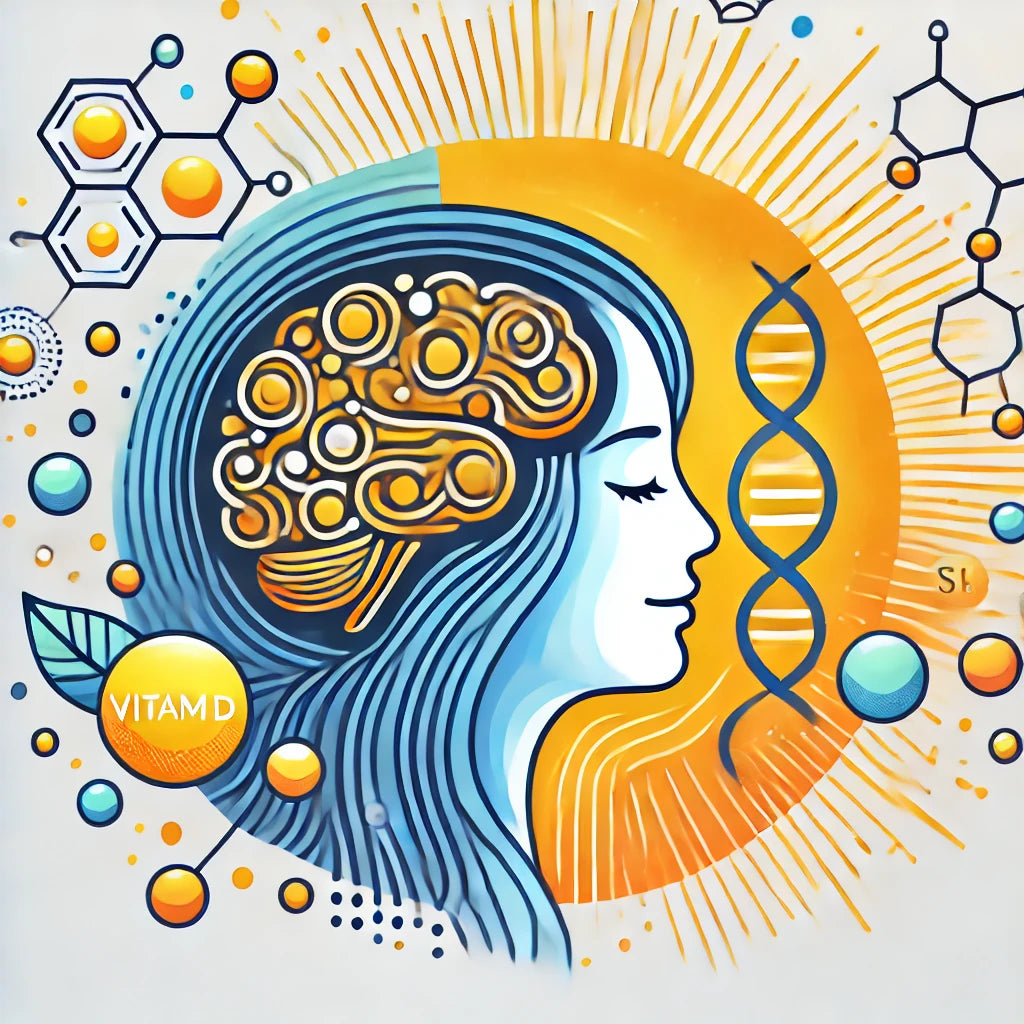News — vitamin D deficiency
Osteomalacia: Decoding the Soft Bone Disease and Finding Firm Solutions
alkaline phosphatase bone density bone health bone mineralization bone pain bone rebuilding bone strength bone support supplement calcium malabsorption muscle weakness osteomalacia osteoporosis vs osteomalacia phosphate rickets skeletal health soft bone disease vitamin D deficiency
When your bones begin to weaken from within, you might not notice right away. But over time, subtle symptoms like muscle weakness, bone pain, and fatigue start to whisper that something is wrong. This is the reality of osteomalacia—a lesser-known yet serious condition where bones become soft due to impaired mineralization. Unlike osteoporosis, which makes bones brittle, osteomalacia makes them bend and ache.
Often linked to vitamin D deficiency, osteomalacia can affect people of all ages, especially those with limited sun exposure, malabsorption issues, or specific dietary imbalances. In this article, we’ll uncover the causes, signs, and solutions of this “soft bone disease” so you can protect your skeletal strength and reclaim stability. Let’s decode osteomalacia and explore effective, firm solutions for lasting bone health.
Sunshine and Serotonin: The Connection Between Vitamin D and Mood
boost serotonin naturally depression happy brain mental health mental wellness mood seasonal affective disorder serotonin serotonin and mood sunlight and mood sunlight benefits sunshine vitamin vitamin D vitamin D deficiency vitamin D for depression vitamin D supplements
Have you ever noticed that your mood improves on a sunny day? There’s a scientific reason behind this, and it involves vitamin D. Known as the "sunshine vitamin," vitamin D is produced in the skin when exposed to sunlight and plays a crucial role in maintaining physical health. However, what many people don’t realize is that it also has a profound impact on mental well-being. Numerous studies have linked vitamin D deficiency to mood disorders such as depression, anxiety, and seasonal affective disorder (SAD).
Vitamin D influences the production of serotonin, the brain's "feel-good" chemical, which helps regulate mood, appetite, and sleep. When vitamin D levels are low, serotonin production can decrease, leading to feelings of sadness, fatigue, or even depression. In this guide, we will explore the fascinating connection between vitamin D and mood, the signs of deficiency, and how to maintain healthy levels to support mental well-being.


